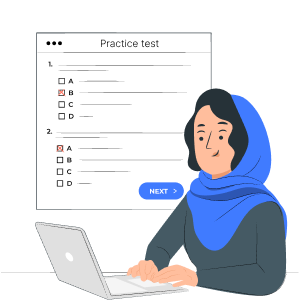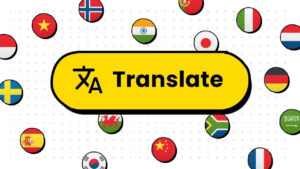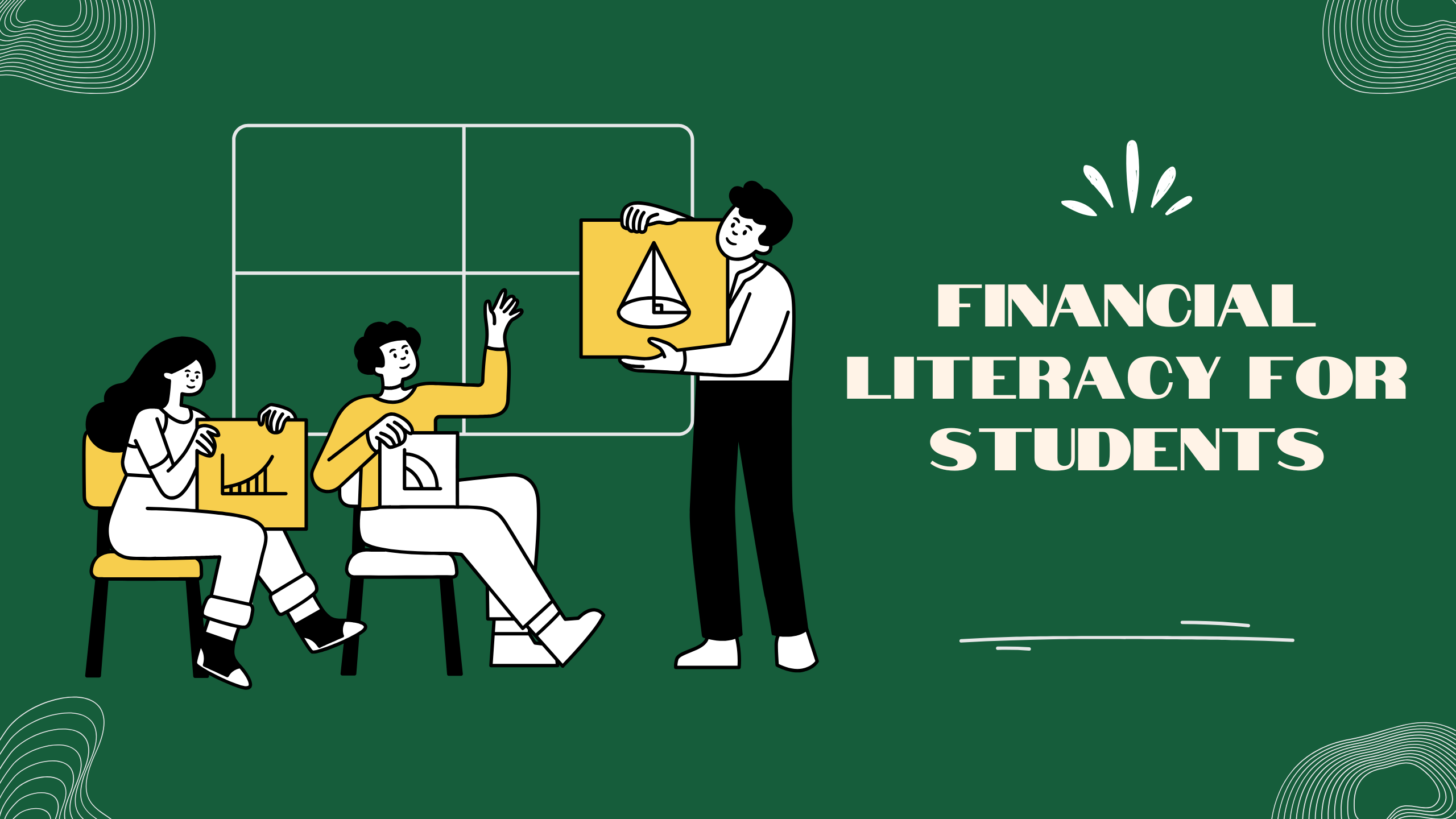
Ethical Chat GPT Hacks for Students
The rise of AI tools like ChatGPT has revolutionized the way students study, organize their work, and even engage with complex topics. However, using such tools effectively and ethically is the key to leveraging their full potential without crossing academic boundaries. Here are some ethical ChatGPT hacks for students to enhance their learning and productivity without compromising integrity.
1. Ace Your Study Sessions with Summaries
 The Hack:
The Hack:
Feed ChatGPT long reading materials or lecture notes and ask it to provide concise summaries or key points.
How to Use It:
- Upload a chapter or article and ask, “Can you summarize this text into three main points?”
- Request specific highlights, e.g., “Summarize the main arguments in favor of renewable energy from this article.”
Why It’s Ethical:
This approach saves time and organizes dense information, but you’re still engaging with the content by verifying the AI’s summary and understanding the material.
2. Generate Practice Questions for Exam Prep

The Hack:
Ask ChatGPT to create mock questions or quizzes based on the topics you’re studying.
How to Use It:
- Provide ChatGPT with a topic, e.g., “Create 5 multiple-choice questions about photosynthesis.”
- Request questions at a specific difficulty level, e.g., “Make advanced-level questions on World War II.”
Why It’s Ethical:
Creating practice questions doesn’t involve using AI for direct answers. It’s a study aid that encourages critical thinking and self-testing.
3. Improve Your Writing with Feedback

The Hack:
Use ChatGPT to proofread essays, improve structure, or suggest better phrasing.
How to Use It:
- Share a paragraph and ask, “Can you check this for grammar errors?”
- Use prompts like, “How can I make this introduction more engaging?”
Why It’s Ethical:
Seeking feedback is a legitimate learning method. However, ensure that the ideas and structure remain your own, and you’re not submitting ChatGPT-generated content as-is.
4. Organize Your Study Plan

The Hack:
Ask ChatGPT to help design a customized study schedule.
How to Use It:
- Share your syllabus and say, “Create a 4-week study plan for this content.”
- Be specific: “I have 3 hours daily for history. How can I cover topics like the Cold War, Industrial Revolution, and Civil Rights Movement?”
Why It’s Ethical:
You’re using AI as a planner, not a shortcut. It helps with time management and reduces stress, enabling you to focus on the actual studying.
5. Break Down Complex Concepts
![]()
The Hack:
Use ChatGPT to simplify challenging topics or provide step-by-step explanations.
How to Use It:
- Type, “Explain quantum mechanics in simple terms.”
- For math problems, ask, “Walk me through solving this quadratic equation.”
Why It’s Ethical:
Breaking down concepts facilitates understanding without bypassing learning. You’re supplementing your knowledge rather than replacing it.
6. Brainstorm Ideas for Projects or Essays

The Hack:
Use ChatGPT as a sounding board for generating ideas or refining your thesis.
How to Use It:
- Ask, “What are some unique angles for an essay on climate change?”
- Refine ideas by saying, “Can you elaborate on the role of technology in combating climate change?”
Why It’s Ethical:
The final work remains your creation. ChatGPT provides inspiration, but the content and arguments should be your own.
7. Translate or Paraphrase Texts

The Hack:
Use ChatGPT to translate foreign language texts or rephrase complicated sentences.
How to Use It:
- Type, “Translate this paragraph from Spanish to English.”
- Ask, “Can you paraphrase this text to make it clearer?”
Why It’s Ethical:
This is a legitimate use of AI as a language aid. It supports comprehension without substituting original work.
8. Plan Group Projects Efficiently

The Hack:
Leverage ChatGPT to assign roles, outline timelines, or organize tasks for collaborative work.
How to Use It:
- Provide details about the project and ask, “How should we divide tasks for this presentation on renewable energy?”
- Request timelines: “Create a 2-week plan for completing this group project.”
Why It’s Ethical:
You’re streamlining communication and planning, not outsourcing the project. This ensures better teamwork and accountability.
9. Cite Sources Correctly

The Hack:
Ask ChatGPT for help with formatting citations or creating bibliographies in APA, MLA, or Chicago style.
How to Use It:
- Provide the source and say, “Cite this book in MLA format.”
- Use prompts like, “How do I format a journal article in APA style?”
Why It’s Ethical:
Citation generation is a time-saver and ensures accuracy without compromising academic integrity.
10. Learn Ethical AI Usage

The Hack:
Ask ChatGPT for guidance on using AI tools responsibly.
How to Use It:
- Type, “What are some ethical ways to use ChatGPT for studying?”
- Use prompts like, “How can I avoid plagiarism while using AI tools?”
Why It’s Ethical:
AI itself can teach you how to engage with it responsibly, ensuring that you use it as a tool to enhance, not replace, your learning.
Final Thoughts
 ChatGPT can be a powerful ally in your academic journey if used wisely. The key lies in using it to support your education rather than taking shortcuts. Ethical usage means respecting your institution’s guidelines, avoiding plagiarism, and ensuring that your work reflects your effort and understanding. By following these hacks, you can maximize ChatGPT’s potential while maintaining academic integrity and fostering personal growth.
ChatGPT can be a powerful ally in your academic journey if used wisely. The key lies in using it to support your education rather than taking shortcuts. Ethical usage means respecting your institution’s guidelines, avoiding plagiarism, and ensuring that your work reflects your effort and understanding. By following these hacks, you can maximize ChatGPT’s potential while maintaining academic integrity and fostering personal growth.
Ready to elevate your learning journey? Contact Young Scholarz today and transform education into an exciting adventure! At Young Scholarz, we specialize in helping students excel not only in English but across all IB and IGCSE subjects. By focusing on your unique strengths and providing personalized strategies, we ensure success that goes beyond grades. Whether it’s boosting academic performance, building confidence, or honing critical skills, we’re with you every step of the way!





